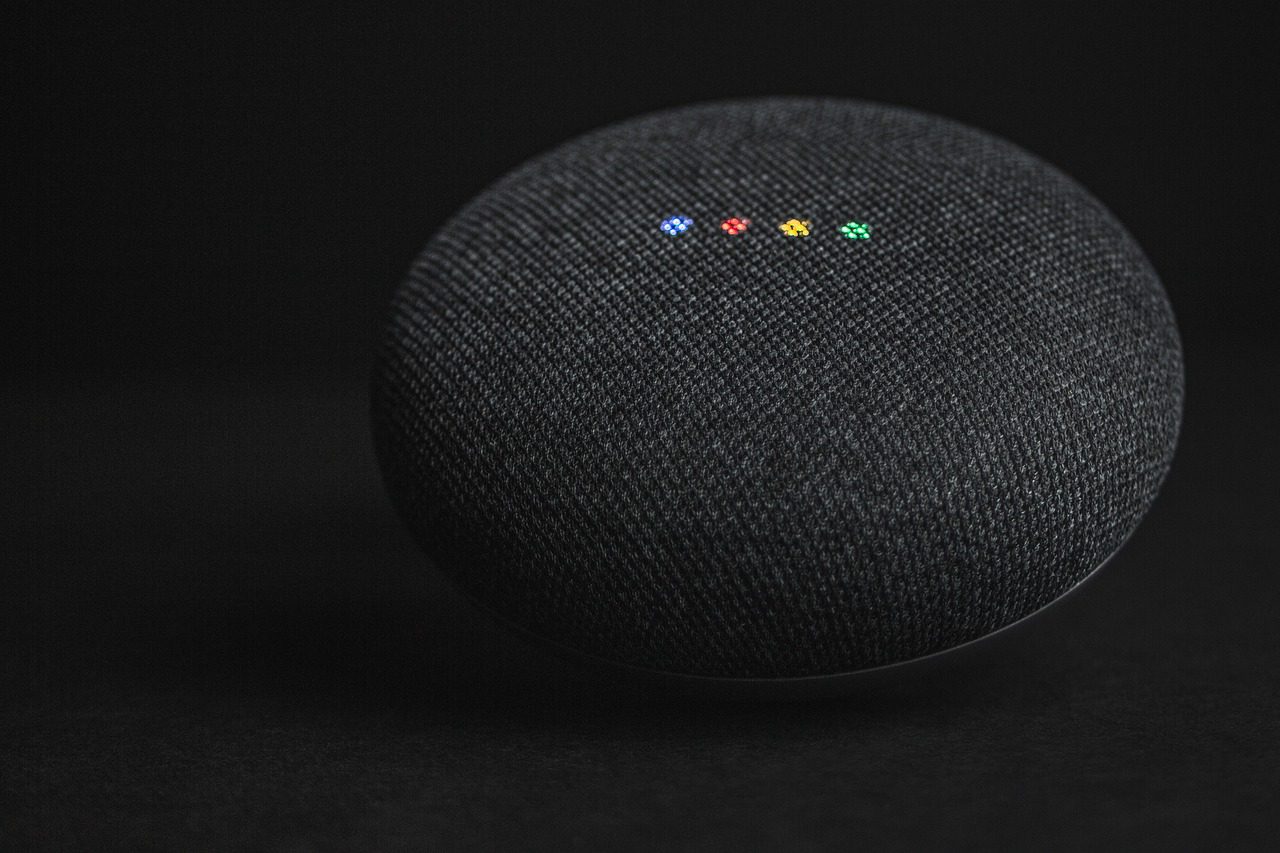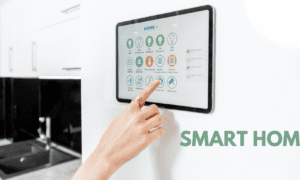Buzz to Business: Voice recognition technology has come a long way. It has become a new touchpoint for toady’s human-technology interaction.
With IBM pioneered with IBM Showbox as back as 1962, with a vocabulary of just 16 words, the comprehension abilities now expands to voice assistants responding to even words that one can whisper. Modern digital voice assistants by technology heavyweights–notably Google Home, Apple’s Siri, Microsoft’s Cortana, and Amazon Alexa–have charted the timeline of developments. These when synchronized with smart home digital assistants open exciting consumer propositions. With the underpinnings of IoT fabric, smart home automation has become smarter, and digital voice assistants are becoming new touchpoints for households.
The IoT fabric has helped tech players playing at the forefront to eye limitless land ahead and connect to a wide paraphernalia of digital home devices. By less than four years down the line, by 2024, more devices than the world’s population are estimated to be shipped worldwide, as a recent data gleaned from Statistica shows. The projection echoes the incredible potential smart home digital assistant (voice) market. Per a recent market intelligence study, the global valuation is expected to climb to US$ 13.5 Bn by 2030.
Download Brochure for more Details on Smart Home Digital Assistant [Voice] Market
Hearables and Home Automation Ecosystem Make Compelling Cohorts
Expanding touchpoints of hearables, as voice assistants are sometimes metaphorically called, are broadening the interaction space in home automation. From mundane tasks such as assistance with cooking chores to monitoring traffic to streaming of at-home entertainment to securing homes, the use of voice-assisted technology becomes smarter by the day.
Perhaps nowhere the buzz is starker than in automating access to music for consumers—and if experts are to be believed, it will tellingly open new paradigm in go-to entertainment and voice-based advertisement. Amazon, Apple, and Google are fast muscling their ways into smart home digital assistant (voice) market by collaborating with podcast and video streaming service providers. Consumers are tweaking the potential by connecting with providers such as Spotify and Tidal. Smart home digital assistants are enabling consumers to do wide variety of tasks. Making video calls such as through Zoom and Google Duo are the notable ones.
Assistance with Music Enlarging Arena: Human Voice to Get More Commanding
Streaming music and podcasts are now being looked up as steady source of revenue streams. Multi room audio systems have broadened the room of new opportunities in the smart home digital assistance market.
As device makers invade the go-to entertainment space, can hardware be left behind? Amazon and Google both are zealously leveraging compatibility across and portability across smart devices, such as home appliances and security devices, for new propositions. Voice assistants can be easily paired with some smarter display devices and speakers, which ups the ante in the smart home digital assistant (voice) market.
However, the compatibility might be limited, and may restrain voice-activated service options. Another factor that trips up oftentimes is privacy concern pertaining to sharing of the consumer data and the fear has played spoilsports. Having said that, key players reiterate that they are taking these concerns seriously and adopting tech framework to allay these.
Unleash War of Features: Each to its Own
The excitement will keep building. But, are there clear signals to suggest that the expanding array of offering in smart home digital assistant (voice) market has lived up to the buzz?
Recent strategic leanings by stalwarts with the likes of Microsoft and Amazon underscore the trend that ‘personalization’ may show the road forward to success.
Prominent players in the smart home digital assistant (voice) market are looking for very different propositions to vary their strategic connect with existing consumers and prospects. Not comparing chalk with cheese, the aspect that will sway consumers depends largely on what proposition each is aiming at. For instance, Google Assistant and Alexa allow consumers with different set of services. Linguistic flexibility for instance is a unique value proposition for Google. On the other hand, Alexa may unlock other aspects typically by making displays smarter. Thus, winning imperatives will stridently be multifaceted, which only time can tell.
Request for Analysis of COVID-19 Impact on Smart Home Digital Assistant Market – https://www.transparencymarketresearch.com/covid19.php



































